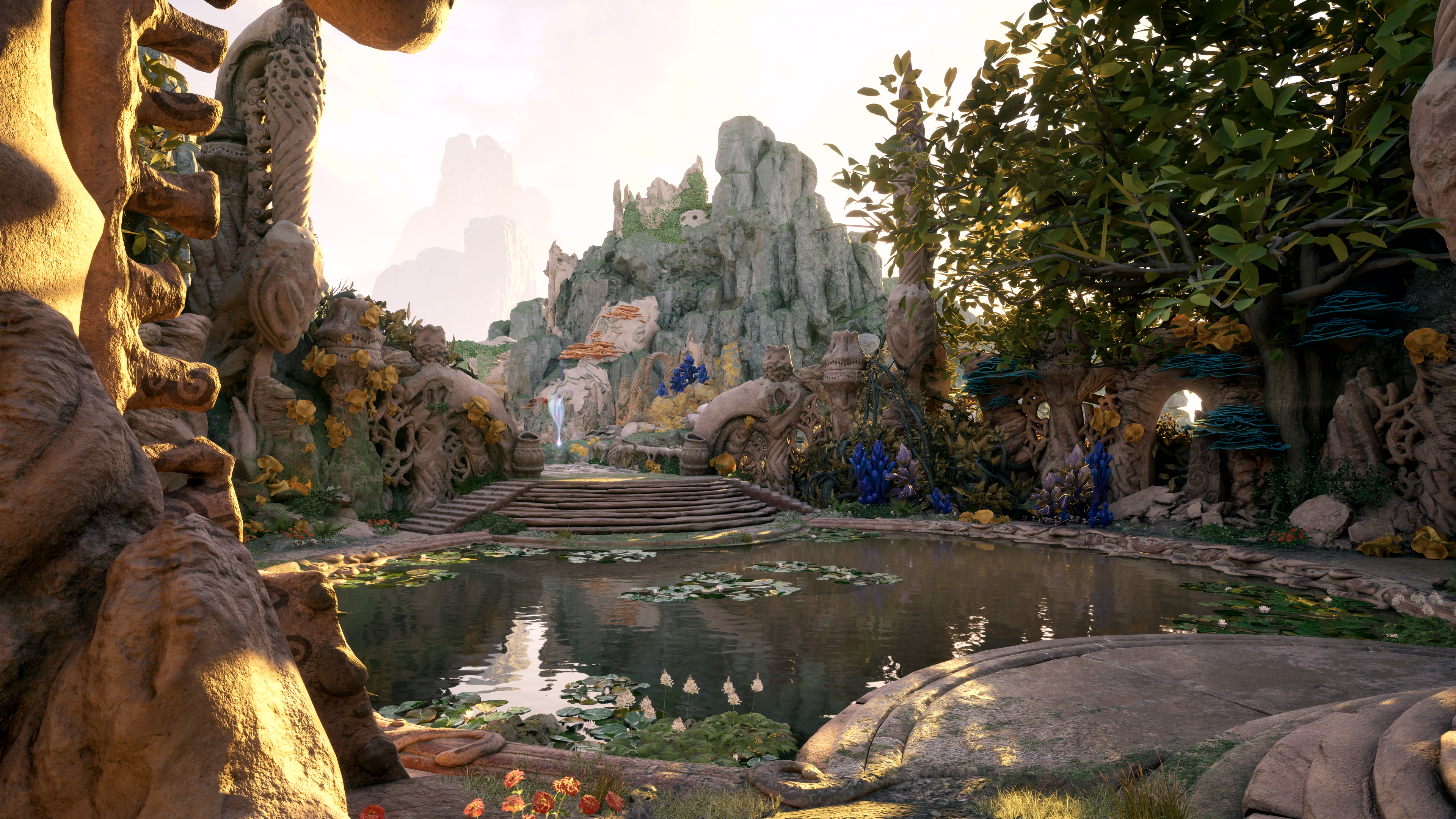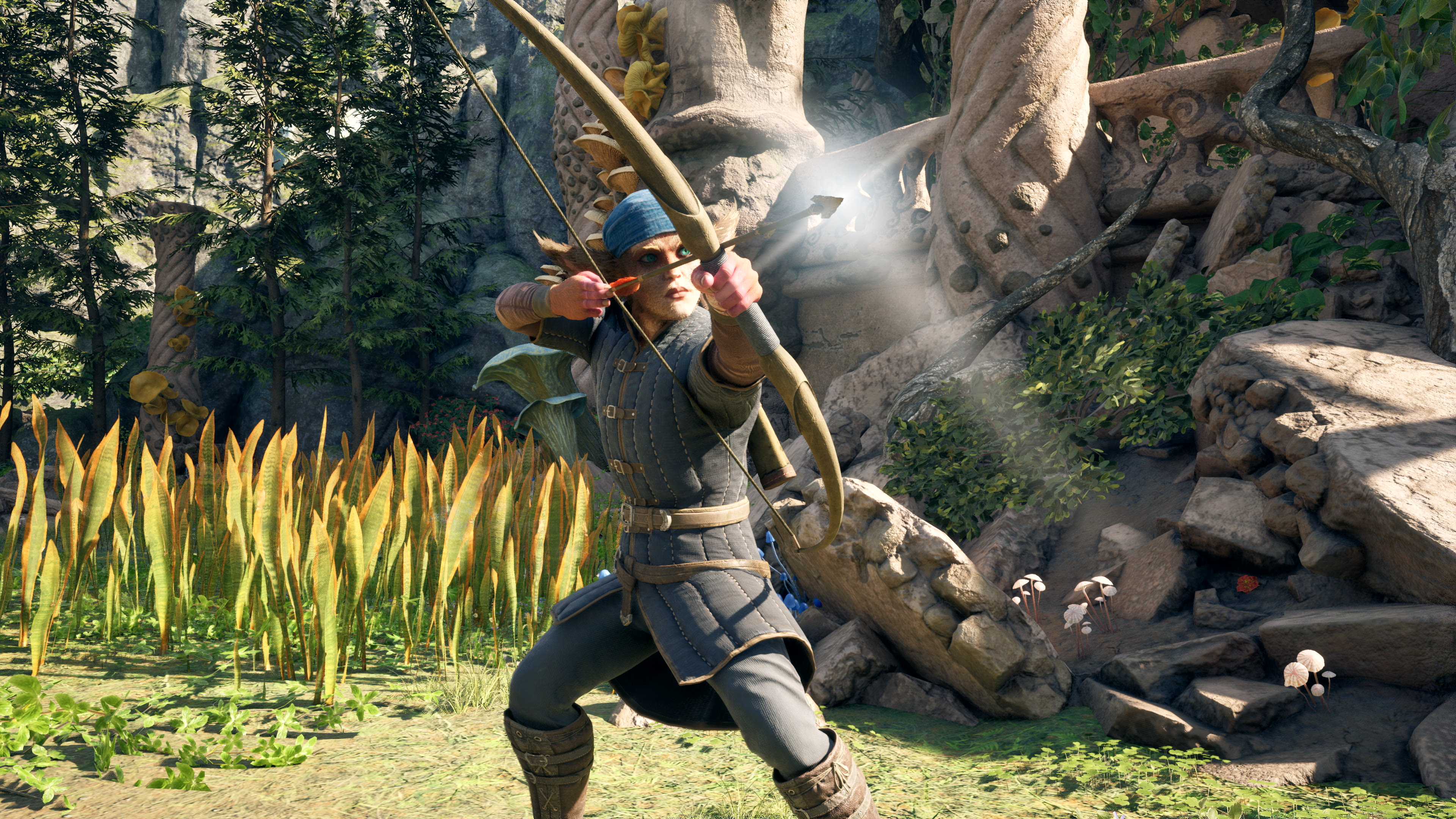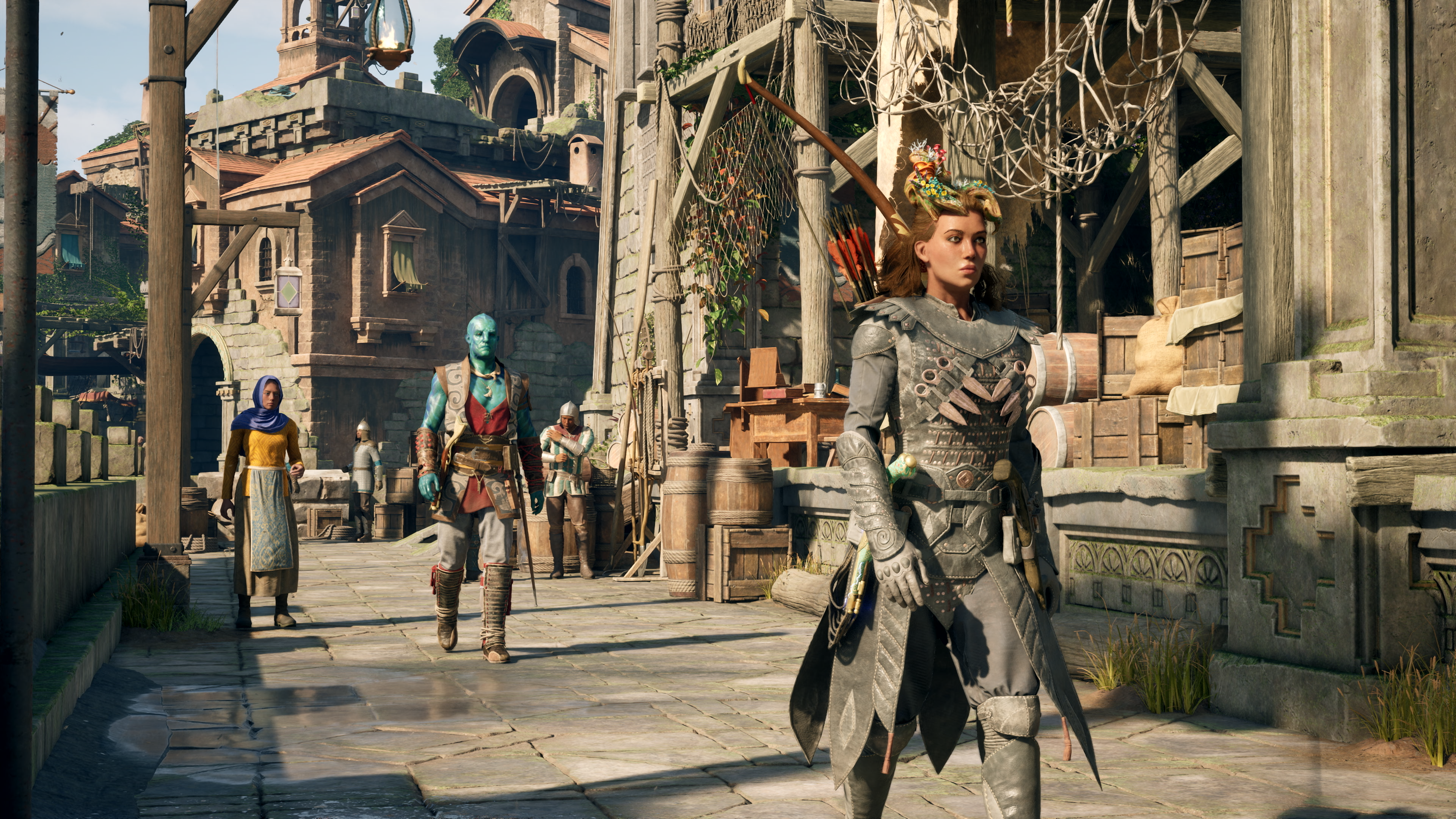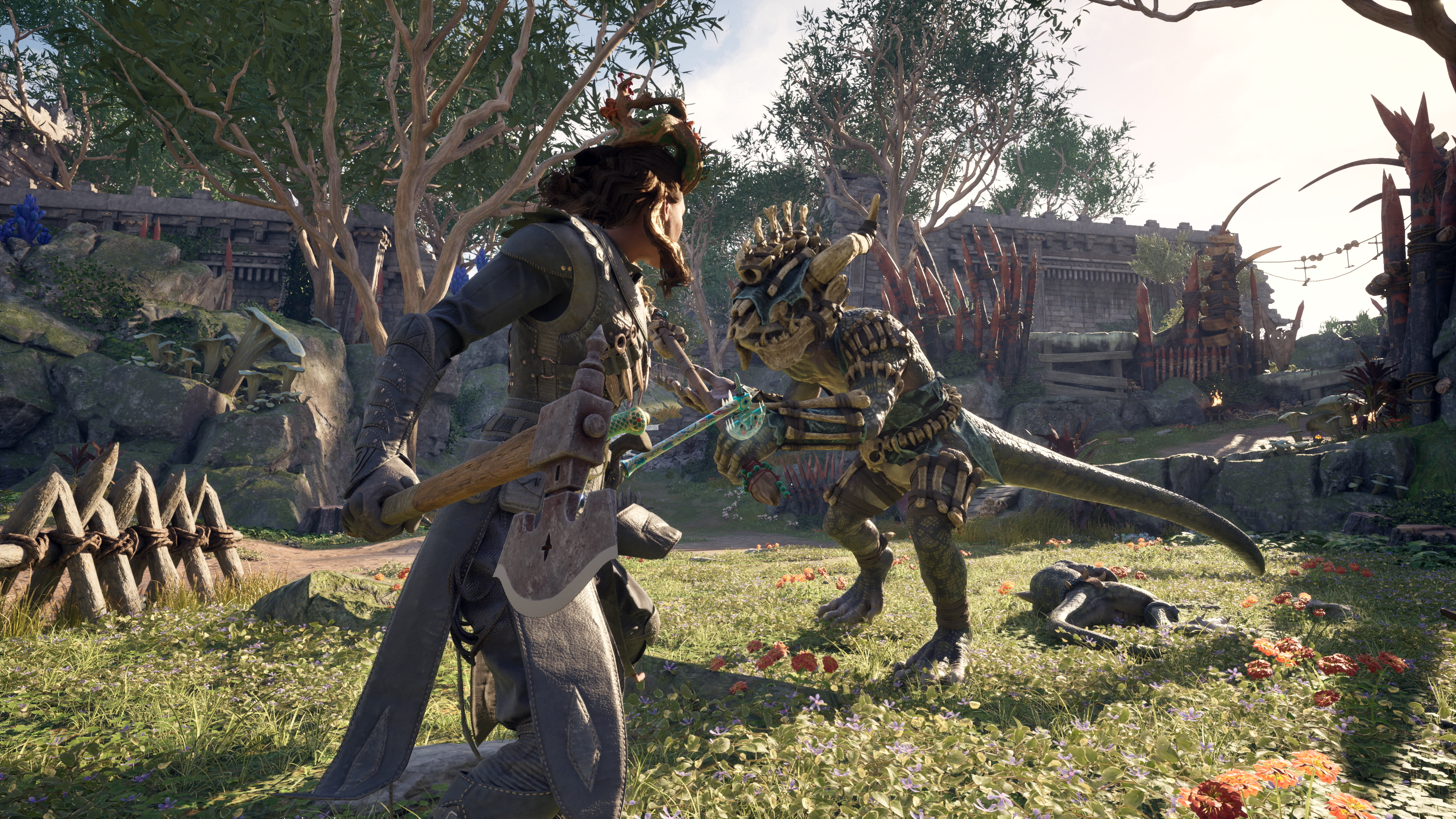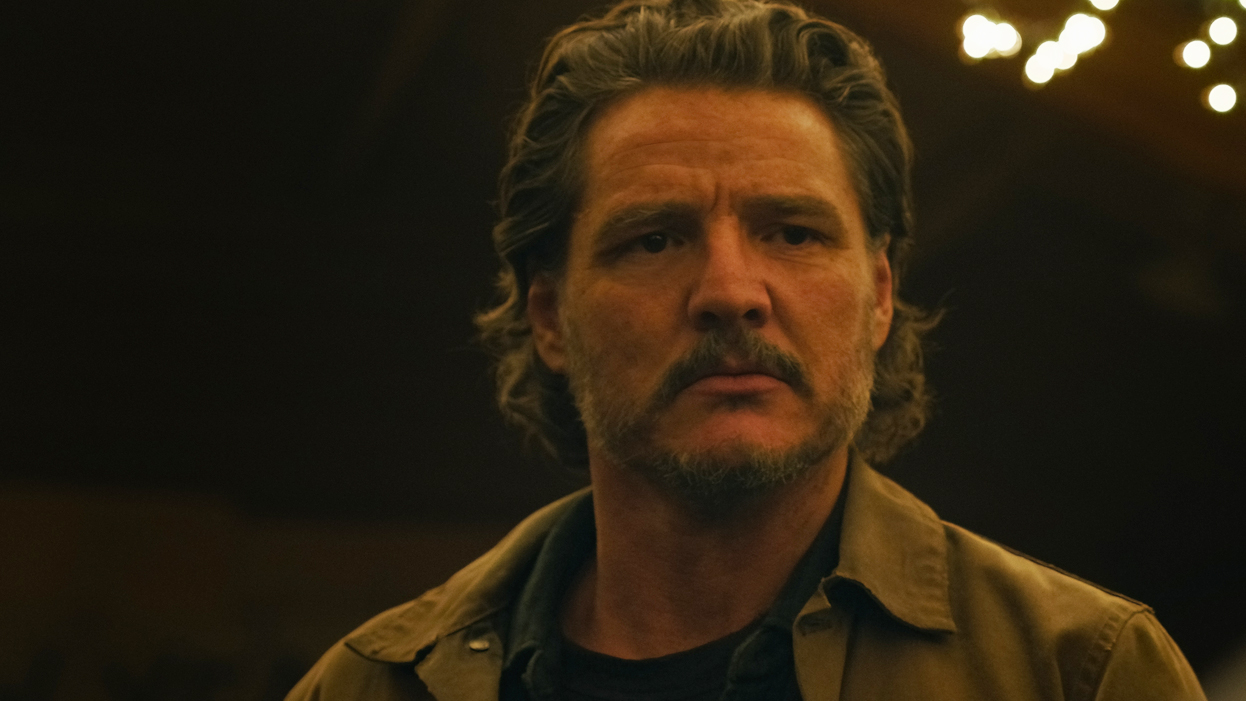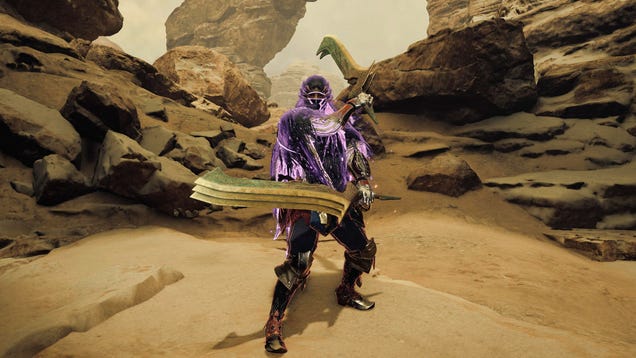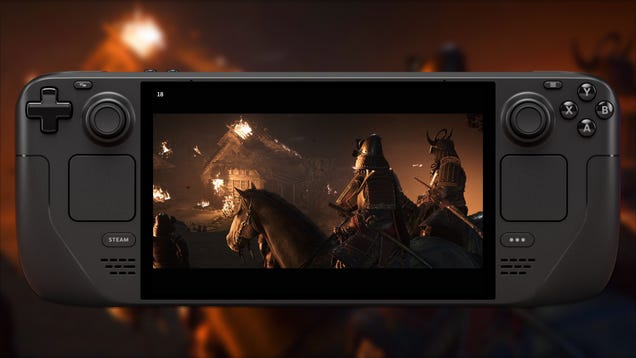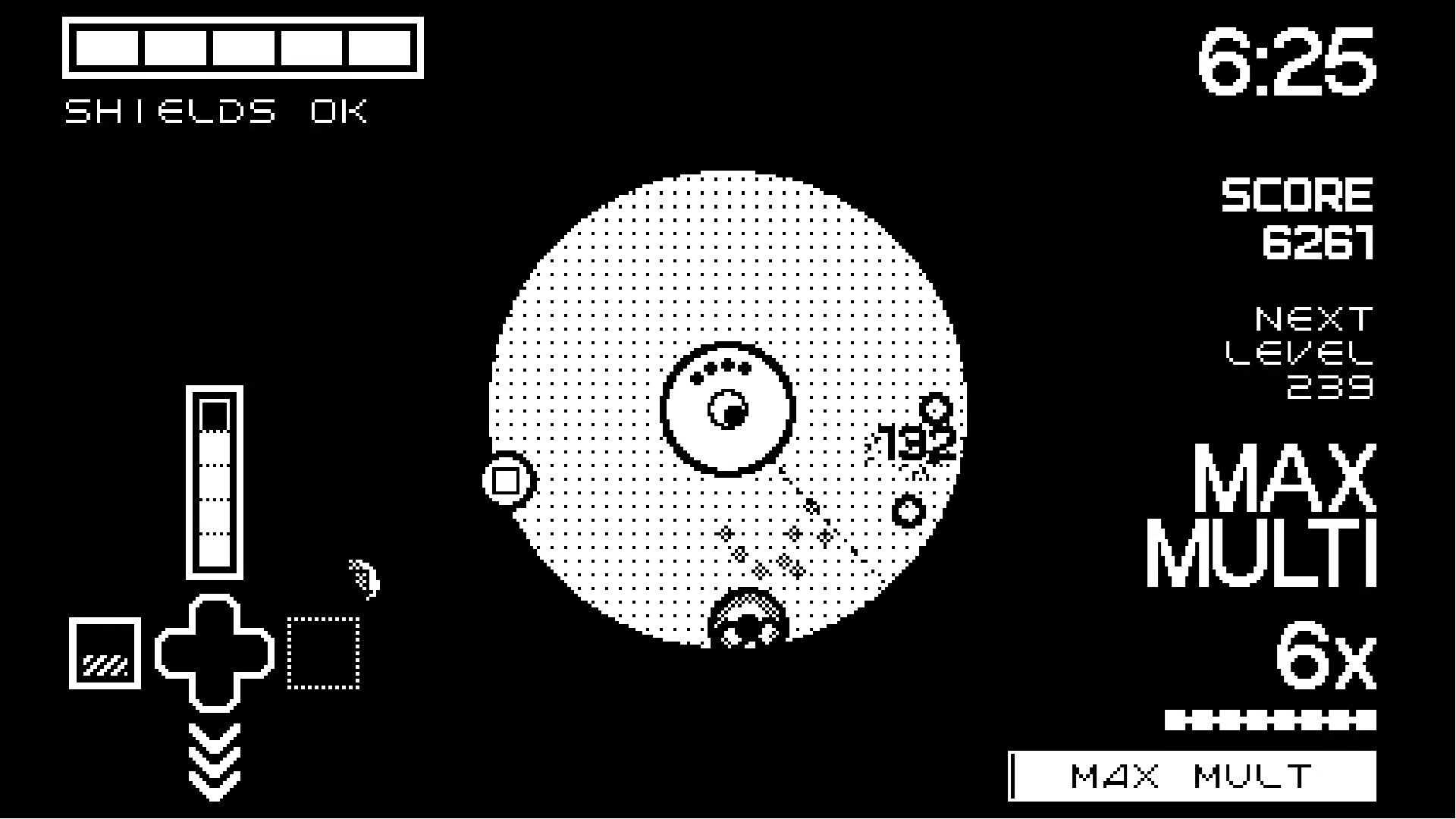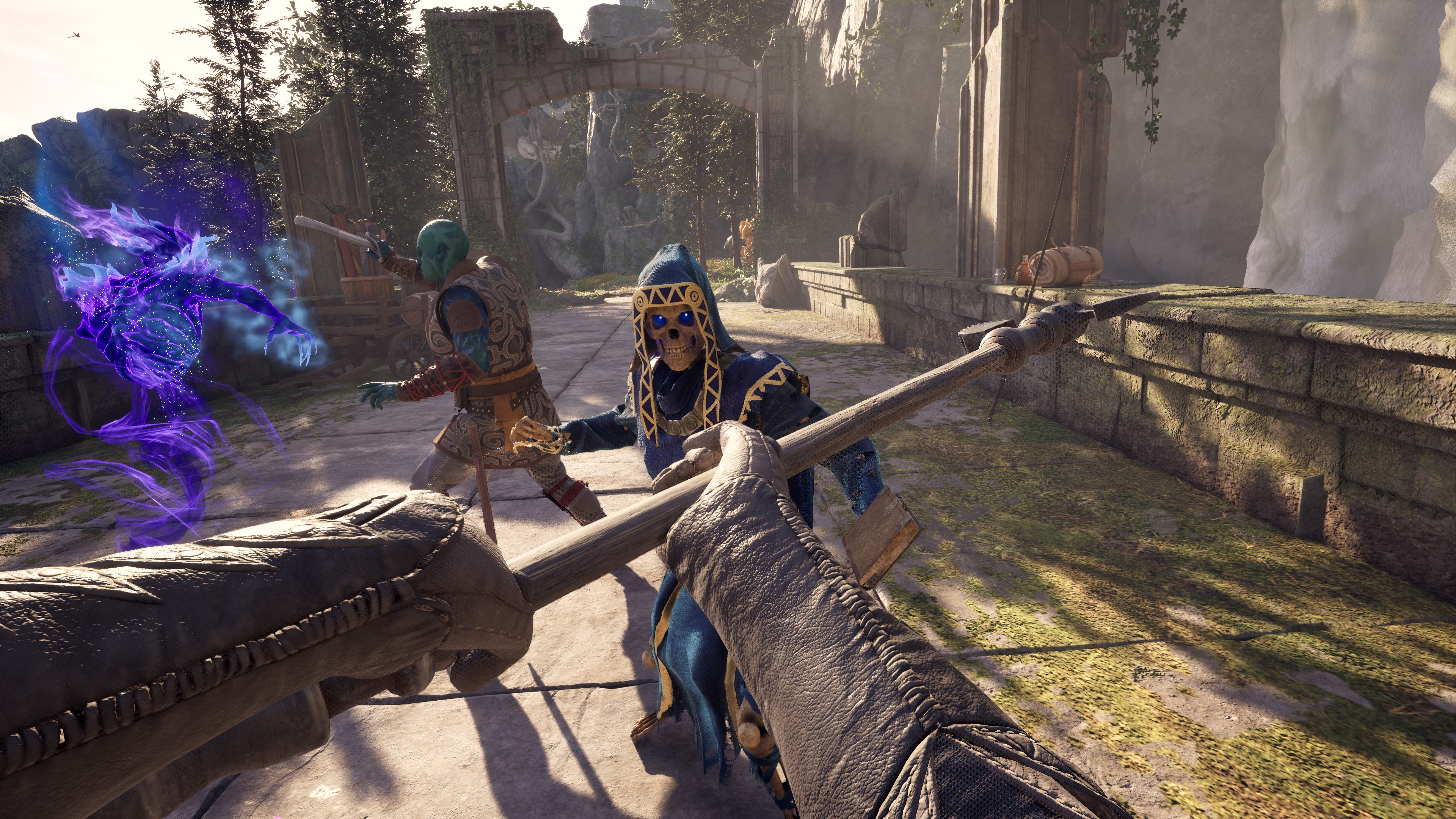
Timing is everything.
When I first played The Outer Worlds back in 2019, I was really disappointed. As a huge Fallout: New Vegas fan, I was excited for a new game in the same mould, but when I finally got it, its retro style semeed old and tired. It felt like a shadow of what came before, not a celebration—a smaller, less compelling world, and a reminder that the core formula might not have aged as well as I’d hoped.
But a huge part of that feeling was really more about timing. The Outer Worlds released just 10 days after Disco Elysium. That was one of the freshest and most exciting RPGs ever made, itself clearly inspired by Obsidian’s glory days but finding brilliant and strange new ways to revitalise old school concepts. With all that still buzzing in my brain, I couldn’t help but see The Outer Worlds as a rusty old relic at the time (and I certainly wasn’t the only one).
In the run up to the release of Avowed, I feared the same would be true again. It looked like a smaller scale Skyrim throwback (despite Obsidian’s fear of the comparison) with precious few new ideas. Now that I’ve played about four hours of a preview build of the game, I can say that… well, that kind of is true. But this time around, rather than an awkward step back, it feels like a cosy return to classic RPG adventure.
As I say, timing is everything. 2024 did not have a Disco Elysium, and though last year’s Baldur’s Gate 3 certainly continues to cast a shadow, the RPG that’s weighing on my mind most as I boot up Avowed for the first time is Dragon Age: The Veilguard.
BioWare’s latest feels like the epitome of a certain kind of very modern RPG design. It’s slick, flashy, and spectacular. It’s bursting with quality-of-life features to make your adventure as frictionless as possible. And it’s also dull as dishwater. A deep disinterest in its own writing saps its world of conflict and moral nuance, and its carefully siloed encounters remove any sense of discovery or emergent play.
Further afield
Avowed is a very different beast. On the one hand, as I arrive in the mysterious Living Lands, you could play a drinking game with the RPG tropes on display: I’m shipwrecked with only the gear on my back and a hint that I’m the Chosen One, charged with curing the land of a magical plague, and thrust into the middle of a tense stalemate between the free but chaotic locals and an ordered but authoritarian empire. But on the other hand, within 20 minutes of starting I already have a good, clear understanding of a complicated political situation with no easy answers, I’ve warmed to several key characters, I’ve made an interesting moral choice, I’ve made fun discoveries, and I want to see more of the world. I’m in, and that’s more than I can say for 50 hours with The Veilguard.
The familiar Bethesda-inspired first-person perspective sparks memories of another recent big budget RPG: Starfield. That game offered a whole galaxy to explore, but all of it lifeless and uninteresting. In large part that was because of the limpness of its setting—a blandly “grounded” future where all interesting conflict was resolved 100 years before you arrived. As I trudged across lifeless moons, I remember thinking then, “I wish I was in a fun little fantasy world with stuff actually happening in it instead”. Well, here you go, me: Obsidian’s got one for you.
If Starfield felt cold and sterile, playing Avowed is like putting on a lovely old jumper. Is it fashionable? No. Does it have some moth holes in it? Sure. But as the nights get chilly, it’s warm and comforting and smells of happy memories.
After the game’s short tutorial section, I’m let loose in a little stretch of coastline, able to simply wander and see what I find. Even with, I suspect, many of the sidequests closed off to me (if I try and enter the nearby city where presumably most of the important NPCs live, the preview simply ends), there’s life and humanity in all the little details.
An awkward weapons vendor lets slip that he’s split from his wife. When I talk to her (she sells potions), she hints that they fell out when he lost something important. When later I find an amulet with their names inscribed on it, there’s no great fanfare or reward for returning it to them—just a gentle suggestion that reconciliation might now be possible.
As I explore monster camps, ruins, and caves, I find similar storytelling all around. A deep hole covered in webbing leads to a giant spider boss’ lair if it can be burned away. A mauled body in a bear’s den carries a note instructing a new initiate to retrieve a “bear’s egg” as part of a cruel hazing ritual. Two soldiers guarding an elevator are baffled to discover I’ve picked a lock and ridden it up from the other end.
In dialogues, my options are clever, funny, and give me an actual choice of what I want to say and do. I take more pleasure in telling those guards that they “can’t forbid me from an elevator I’ve already used” than in any of The Veilguard’s Nice/Sarcastic/Mean responses or Starfield’s empty choices, and even encounters I just stumble into out in the world give me genuine agency in how they play out.
I decide to punish a graverobber’s in-progress crime with violence, and my Might attribute is strong enough to intimidate one of her cronies into abandoning her. I free a smuggler from her cell despite my companion’s misgivings—in exploring the building, I’ve already discovered evidence that she’s no villain. In a conversation about a major story NPC, I’m able to decide my history with them—were we fellow soldiers, mentor and mentee, or even lovers?
All the while, my new party member Kai—a sort of swashbuckling fish man—unintrusively fills me in on the local situation from his own cynical-yet-whistful perspective. A hard land cultivates hard people, he opines, but he’s cautious of the impact the incoming empire will have on the lawless local culture. He quips, but his snark hints at uncertainty and sadness beneath the surface. We don’t have many proper conversations in four hours, and it’s not like he’s my new favourite RPG companion, but I’m already left with a strong sense of who he is and what he stands for—and what choices I could make that we might butt heads over.
None of it is revolutionary—and particularly there’s nothing here that can challenge Baldur’s Gate 3’s absurd level of detail, player freedom, or scale. But in the wake of some of the most disappointing major RPG releases in years, there’s something very pleasing about a fantasy adventure that’s simply well-crafted and compelling. The veteran developers at Obsidian could write a politically-volatile sandbox setting in their sleep at this point, and it shows. I don’t think there’s a lot of grand ambition to Avowed, but what there is is a clear, simple love for RPG writing and design, and I’m finding that counts for an awful lot more than I expected it to.
I fear some may want Avowed to be a lot more than it is, despite the game’s press tour being more expectation management than hype. It’s not shaping up to be an especially exciting game, and certainly not an expansive one either. But timing really is everything, and I think it might be coming along at just the right time to be a soothing balm for RPG fans feeling burned by bigger studios. Is that damning with faint praise? Yeah, probably—but that won’t stop me coming back to explore every cavern and quest on that island when the game finally releases this February.

